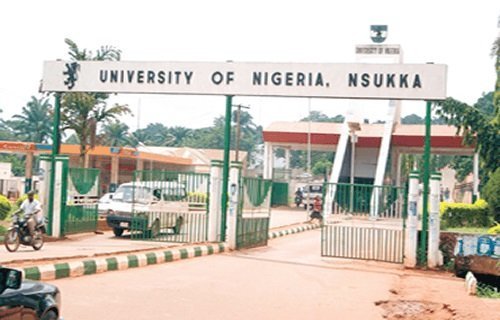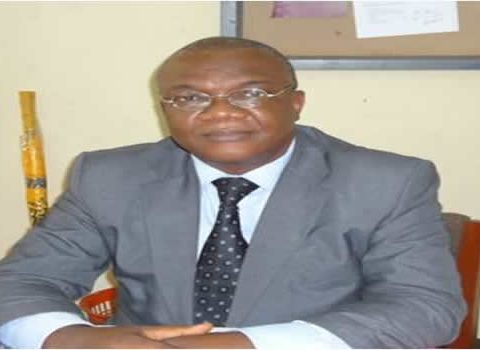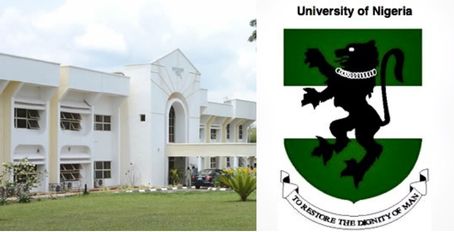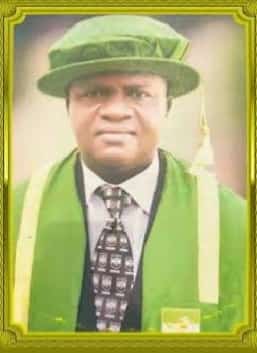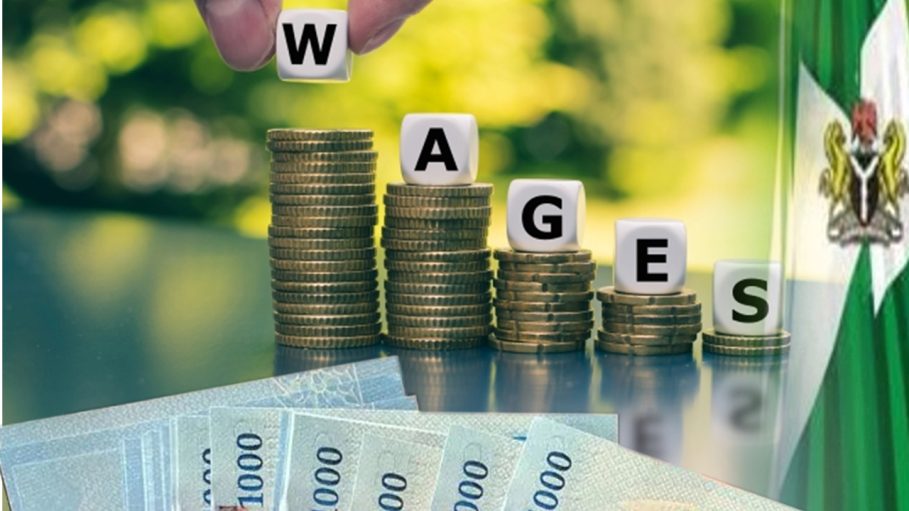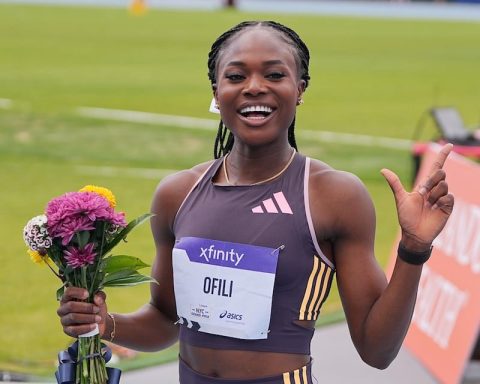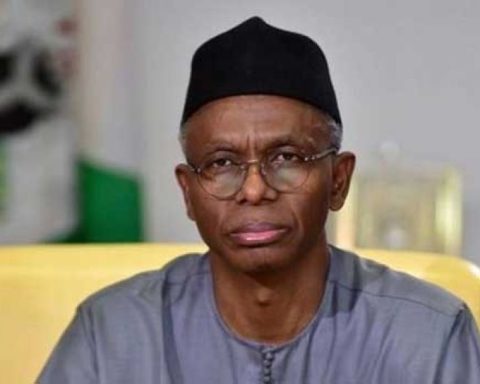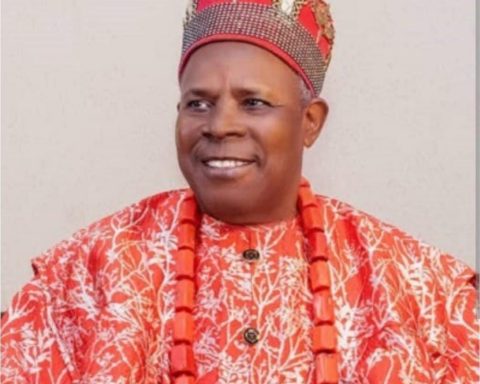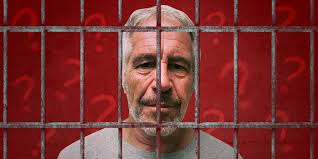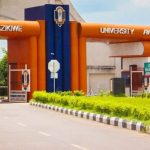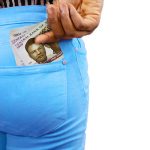The absence of a governing council meant that the normal succession process of appointing a Vice Chancellor through council procedure could not happen in the University of Nigeria Nsukka (UNN). Senate had to meet to elect an acting Vice Chancellor until a new council is inaugurated to produce a substantive one. The election had been followed by months and weeks of uncertainty and party spirit. The outgoing VC, Prof. Charles Igwe, during a valedictory senate meeting on June 7, warned against bringing partisan politics to UNN. He also cautioned against blackmail, lies and empty allegations. The VC spoke as his valedictory senate was also an occasion to elect a successor.
A great, long-awaited and long-dreaded day
As expected, June 7 saw 405 members of the senate pack all four wings of the Princess Alexandria Auditorium (PAA), the venue of the event. That was the highest attendance of any senate meeting since the end of the tenure of Prof. Ginigeme Mbanefo in 2004. It was an average of 70 professors in attendance between 2014 and 2016. Attendance increased to an average of 102 to 115 after Prof Benjamin Ozumba and Prof Igwe who are said to have implemented a fair, equal and creditably fast appraisal system that produced more than 150 professors in eight years, including at least 55 female professors, an impressive 65% uptick in the number of female professors.
Join our WhatsApp ChannelAlso uncommon during the meeting was, how members waited with utter quiet and patience for over two hours before the onset of events. Senators were observed conversing in hushed tones, after a grueling accreditation process of long-winding queues.
As the VC entered, he was clearly startled by the sheer attendance, “nothing like it in my five-year tenure,” he said, as he begged possible non-senate members to leave the venue to very little effect.
The sudden contender
The VC had to stand for another hour to explain away conspiracy theories about the impending election, having denied that he was trying to foist a candidate on UNN. Despite the issue of contradicting series of letters from the Federal Ministry of Education via the National Universities Commission, members of the senate agreed that the authentic letter was the one that asked the outgoing VC to nominate a new acting VC, in consultation with the senate. At this point, The VC informed the senate that all three DVCs would contest. Then he enthused: “I nominated all of them for the post of Deputy Vice Chancellor, before senate ratification. So, they are all my ‘children’, and I have no favourite. They will all stand election for you to choose from. The candidates were Prof Romanus Ezeokonkwo (DVC Administration), Prof Johnson Urama DVC (Academic), and Prof Daniel Nwachukwu DVC (Enugu campus).
Voting had to happen by faculty to ensure that possible intruding non-senate members were weeded out. Earlier, rules were read in turn by members to reassure everyone about those who were qualified to be members of the senate, namely, certified professors, Deans of Faculties, Heads of Departments, Centres and Units, Faculty Representatives to the Senate, and of course, management of the university.
Clannish elections in UNN: UNEC could have been the Swing Campus
Unfortunately clannish, the election was polarised between the five states in the southeast, all of which claim a right to have their son or daughter emerge as VC. In some cases, it came down to a straight battle between Awka in Anambra State and Nsukka in Enugu State. The outcome of the election means that Prof. Ezeokonkwo and Prof Urama were neck and neck among UNN campus voters. And then Prof. Nwachukwu, DVC, UNEC.
For most people in Nsukka, the issue of having Prof. Nwachukwu in the election was completely out of consideration. Many even forgot that Enugu Campus would participate in the vote. Therefore, Prof. Nwachukwu’s participation may have swung the election in favour of the eventual winner, since the clannish nature of the elections may have implied that the 180 votes garnered by Prof Urama possibly came from the Nsukka campus, mainly from senators of Nsukka extraction, and definitely other sympathisers. Prof. Ezeokonkwo’s 200 votes may have also come mainly from his Anambra supporters, including other sympathisers, many of who are likely to have come from UNEC, which has far fewer Nsukka Senators than the UNN campus. Professor Nwachukwu’s 25 votes confirm the hunch that he may not have been counted as a real contender.
Did conspiracy theories come true?
Election losers and their supporters often allege vote rigging or unfair and non-credible elections. None of these can be said about the senate elections, according to many eyewitnesses. The VC insisted that the transparent ballot boxes be displayed and used for voting in the presence of all. He called on the contestants to select their agents, with clergy-studded election officers, said Professor Ify, who could not say more about her full names.
READ ALSO: How VC Election Prompts Highest UNN Senate Attendance In 20 Years
No doubt, Prof. Ezekonkwo’s CV (online) shows a well-rounded academic, and a fully qualified contestant for the post of acting VC. “He was hugely popular, having performed creditably well as director and provost,” said a source simply identified as Professor Maduka. “He gave a huge facelift to CEDR and the College of Postgraduate Studies and paid the backlog of honoraria to PG supervisors.”
“He is amiable, and is ready and suited to the job,” said another source who simply called herself Nnenna, told Prime Business Africa.
Other sources informed Prime Business Africa, that Prof. Ezeokonkwo is also the first and immediate past provost of the College of Postgraduate Studies. He superintended the process that saw the former School of Postgraduate Studies climb to the status of a college.
According to feelers, it was Prof. Ezeokonkwo’s meteoric rise from HOD to DVC, that spawned the conspiracy theory that the VC had favoured him for a replacement. Having eventually won the election by virtue of qualification and a transparent electoral process, his victory coincides with the false conspiracy theory. It creates a paradox, but some are also saying that Prof. Ezeokonkwo’s intimidating credentials, having put him on a sure path to glory, may have spurred detractors to go to town with lies about an inevitable truth.
The task ahead for UNN’s new VC
Nonetheless, as Prof. Ezeokonkwo assumes office on June 10, he faces a bitterly divided UNN and dissatisfied aboriginal groups still intent on capturing the position of VC. He has the onerous task of unifying these groups, a task that may still prove difficult if he still has an interest in contesting further when the council eventually begins the process for a substantive VC.
Academics are known to differ on issues, and this is the fertiliser of knowledge growth and research. However, on issues of parochialism, clannishness and country club, the university must rise up to the challenge.
On May 1, 2024, former Enugu State Governor and National Chairman of the Peoples Democratic Party, Dr Okwesilieze Nwodo, was on Arise TV to campaign for a VC of Nsukka extraction after 64 years of UNN. It was controversial. Party spirit and parochialism are issues for the university to tackle because they are also at the heart of the socio-political instability bedevilling Nigeria.
Dr Mbamalu, a Jefferson Fellow and Member of the Nigerian Guild of Editors (NGE), is a Publisher and Communications/Media Consultant. His extensive research works on Renewable Energy and Health Communication are published in several international journals, including SAGE.
SMS/Whatsapp: 08094000017
Follow on X: @marcelmbamalu
Dr. Marcel Mbamalu is a distinguished communication scholar, journalist, and entrepreneur with three decades of experience in the media industry. He holds a Ph.D. in Mass Communication from the University of Nigeria, Nsukka, and serves as the publisher of Prime Business Africa, a renowned multimedia news platform catering to Nigeria and Africa's socio-economic needs.
Dr. Mbamalu's journalism career spans over two decades, during which he honed his skills at The Guardian Newspaper, rising to the position of senior editor. Notably, between 2018 and 2023, he collaborated with the World Health Organization (WHO) in Northeast Nigeria, training senior journalists on conflict reporting and health journalism.
Dr. Mbamalu's expertise has earned him international recognition. He was the sole African representative at the 2023 Jefferson Fellowship program, participating in a study tour of the United States and Asia (Japan and Hong Kong) on inclusion, income gaps, and migration issues.
In 2020, he was part of a global media team that covered the United States presidential election.
Dr. Mbamalu has attended prestigious media trainings, including the Bloomberg Financial Journalism Training and the Reuters/AfDB Training on "Effective Coverage of Infrastructural Development in Africa."
As a columnist for The Punch Newspaper, with insightful articles published in other prominent Nigerian dailies, including ThisDay, Leadership, The Sun, and The Guardian, Dr. Mbamalu regularly provides in-depth analysis on socio-political and economic issues.


